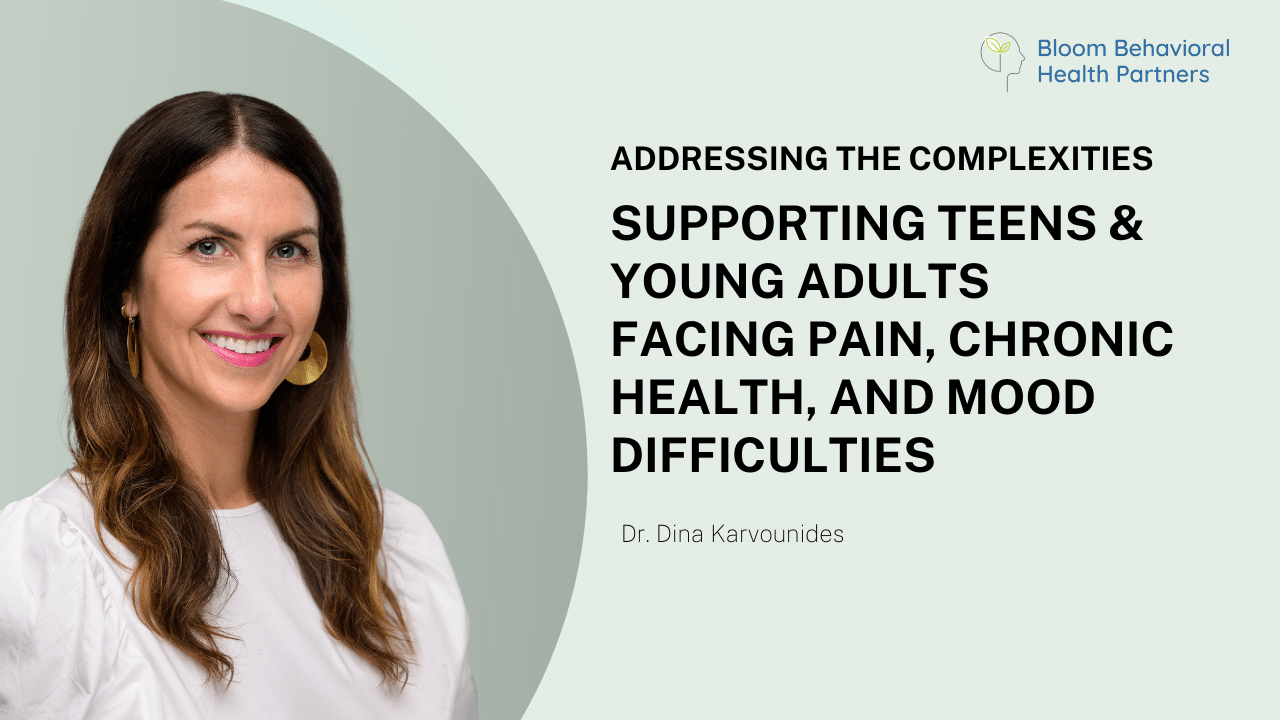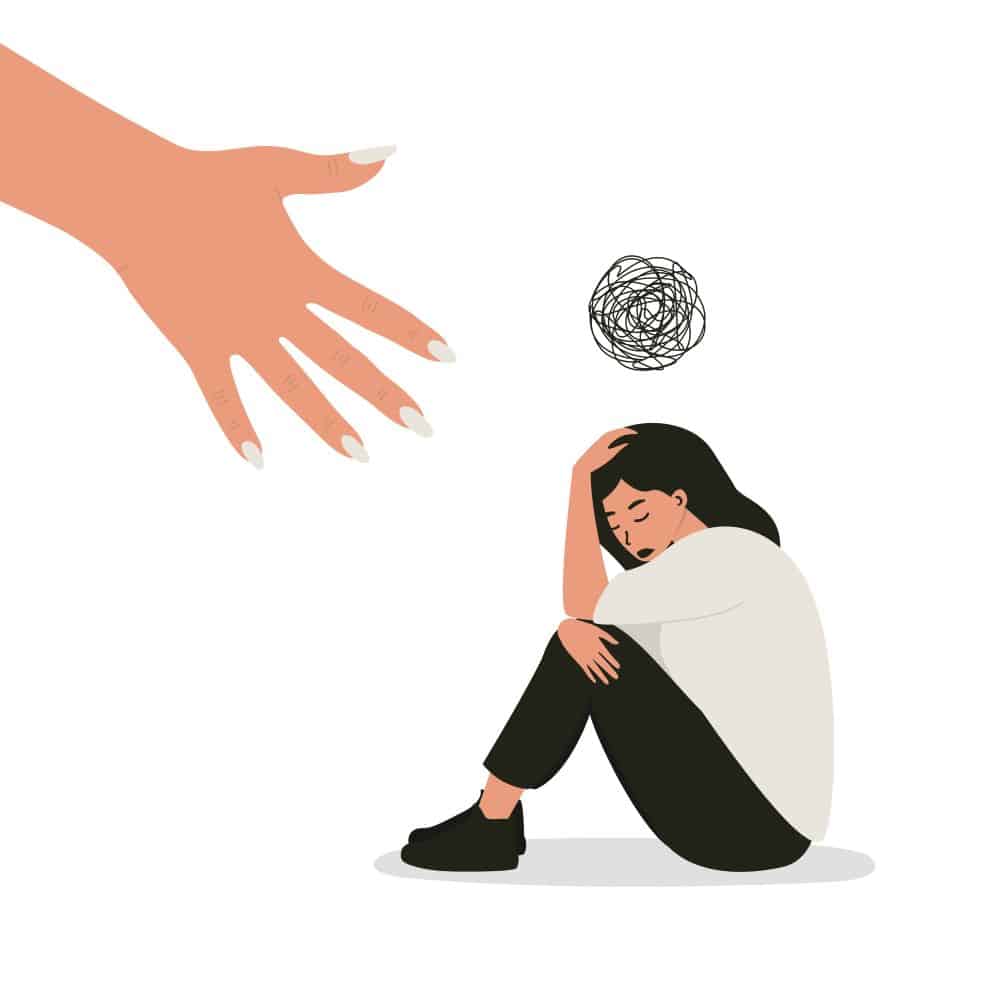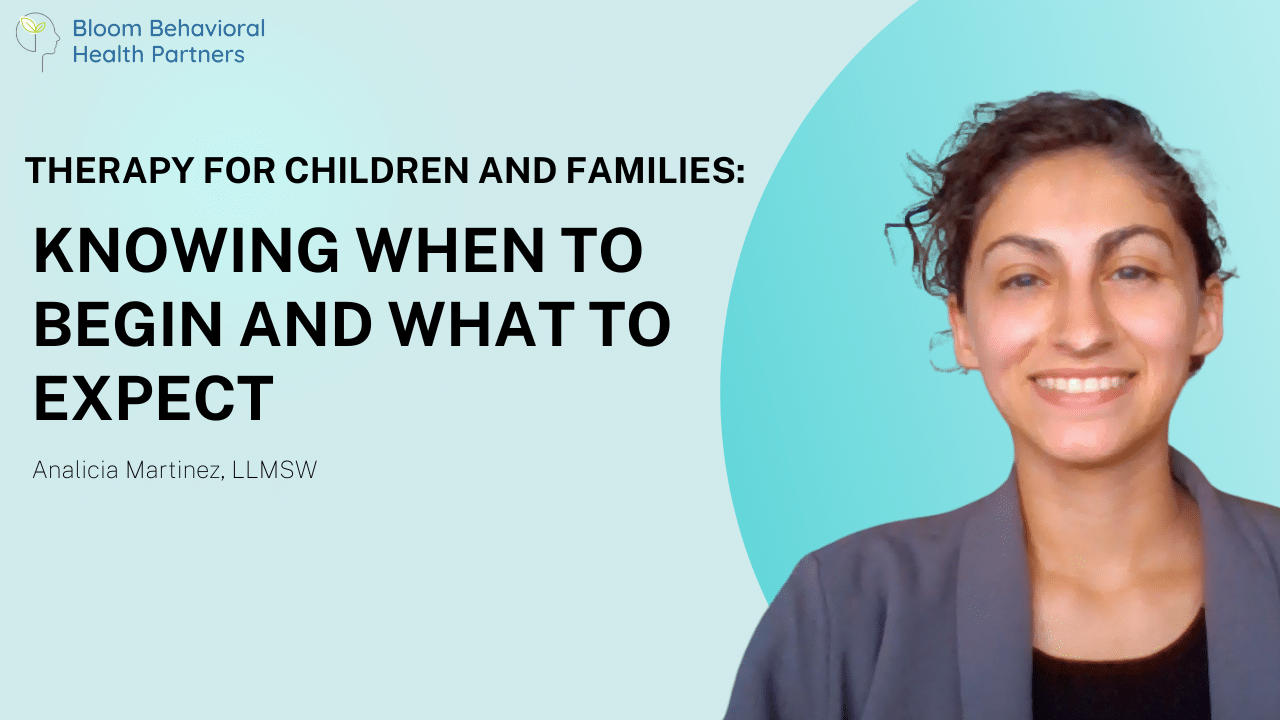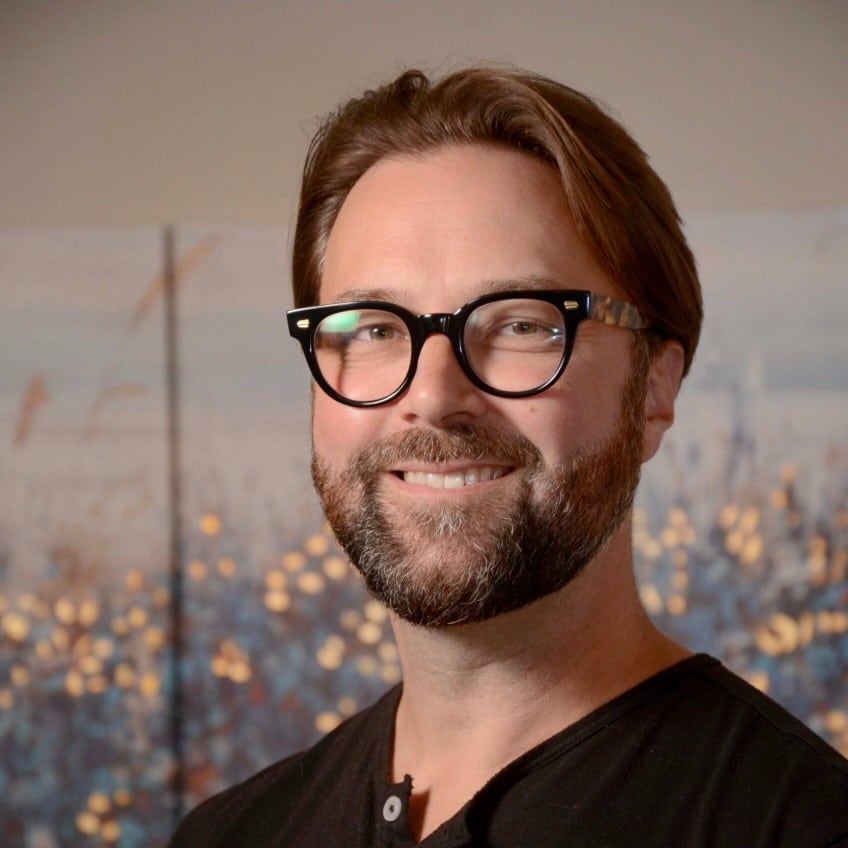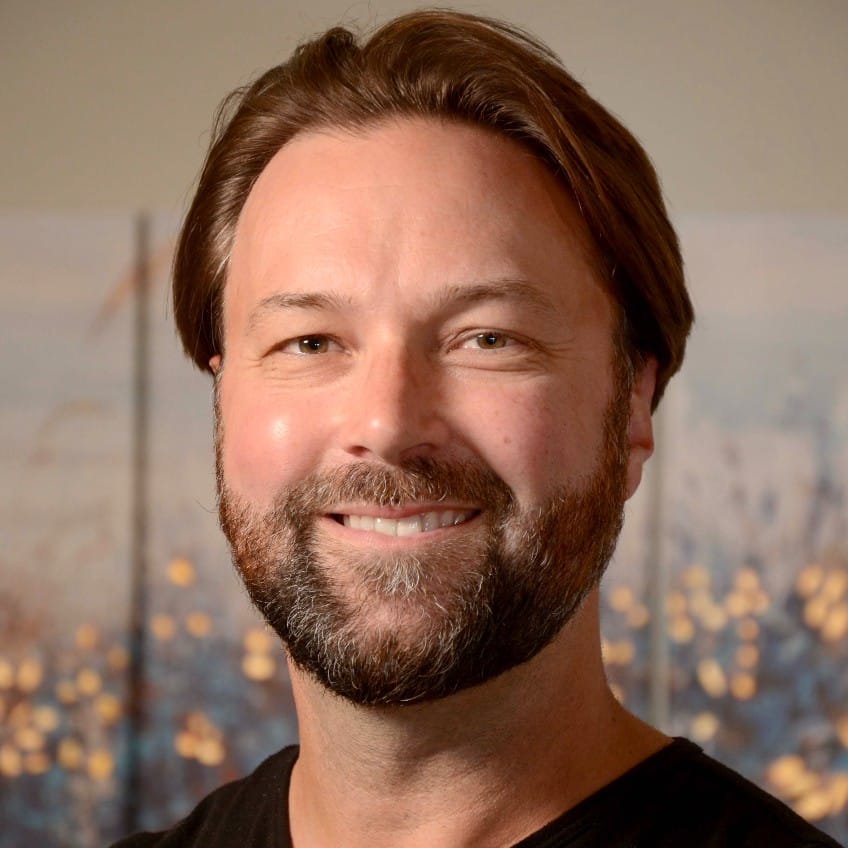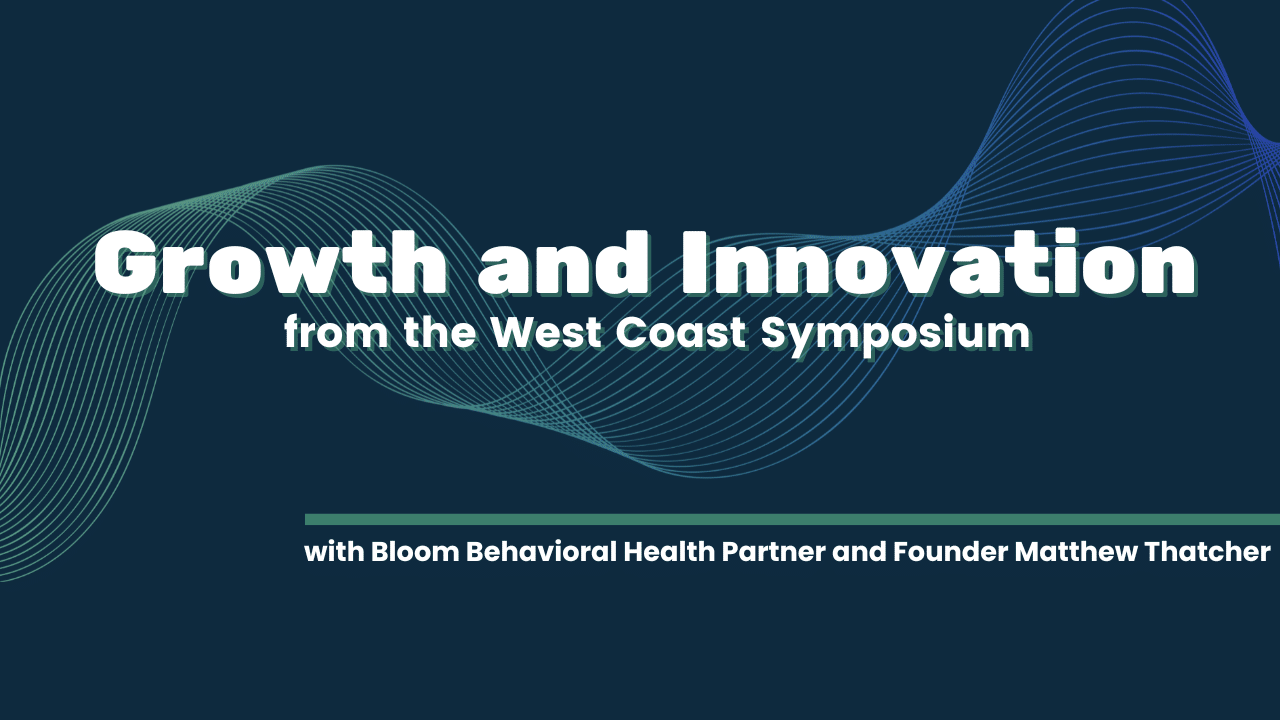
Growth and Innovation from the West Coast Symposium
Matthew Thatcher, LPC, CCS, founder of Bloom Behavioral Health Partners, recently attended the West Coast Symposium for Addiction Professionals, a conference focused on the evolving landscape of addiction, trauma, and their respective treatments. The symposium featured highly regarded speakers, including Grand Rapids’ own David Dawdy LLP, who presented with a colleague on the topic of Artificial Intelligence.
One of the most compelling aspects of the conference for Thatcher was a deeper understanding, guided by current research, of how psychotherapy and substance abuse counseling can be assisted by certain pharmacological agents, all under the expert guidance of psychiatry. “For me,” Thatcher stated, “a better understanding guided by current research, of how therapy and substance abuse counseling can be assisted by drugs like ketamine, GLP-1s and psilocybin was most exciting.” He also expressed enthusiasm for discussions on therapy assisted by AI, particularly for situations “where it could be appropriate or where traditional talk therapy historically has fallen short.”

This newfound knowledge will enhance how Bloom Behavioral Health Partners works with clients. Thatcher believes he can now “speak more confidently about this complementarity psychotherapy treatment and they are more clinically appropriate.” He anticipates that technology, particularly AI, which he’s become more educated on as a powerful tool, will allow therapists to “continue to focus more on the therapy hour and client themselves.” Looking ahead, Thatcher suggested that AI could potentially “help make therapy more accessible and more frequent for my clients in the future.”
The conference also offered a fresh perspective on common mental health challenges. Rather than viewing symptoms like anxiety, depression, or stress as flaws, Thatcher learned to understand them as “Adaptations.” He elaborated, “Rather than being viewed as inherent flaws or disorders in isolation, challenges like anxiety, depression, and stress (or problematic behaviors like substance use) are understood as the brain and body’s ‘ways of dealing with the impact of traumatic experiences.'”
When these experiences occur early in development, these coping mechanisms can become “maladaptive traits” if persistent. Thatcher noted that this understanding has led him to “rethink some of my approaches with adolescents and the adaptations as superpowers.”
Discussions at the symposium also extensively covered new technologies for making therapy more accessible, including AI-assisted documentation and treatment planning. These conversations deeply explored the ethical use of such tools and the crucial protection of private health information, alongside their potential benefits for clients. Thatcher shared a positive early adoption experience: “Some clients at BloomBHP have already consented to the therapist using AI to assist with sessions and note-taking. The feedback from adult clients or parents has been all positive.” He highlighted the benefit of this approach, stating, “It allows more of the therapy hour to be focused and centered on the client along with several other benefits.”
One parent’s feedback underscored this point: “This is the first time I felt like I knew what was going on in therapy and how it was helping my son!” Thatcher hopes this enhanced transparency will significantly engage parents in their children’s therapeutic process, helping to generalize more positive changes beyond the therapy office for the children they serve.

A concept that particularly resonated with Thatcher regarding effective therapy and patient care was the emphasis on caring for the entire family system, rather than focusing solely on the identified client. While this idea isn’t new, he felt it truly highlighted how to provide the most effective therapy and care for those seeking help.
Thatcher emphasized the importance for providers to engage in continuous learning and attend conferences. He sees it as crucial for maintaining “a fresh perspective and stay up to date,” and personally, this ongoing education “keeps me interested and helps self guard me from burn out.” He concluded that a therapist who “continues to learn and is practicing good self care, likely will be able to provide better therapy.”
Looking to the future, Thatcher believes that the world of therapy is set for positive change. He foresees easier access, better coverage between sessions, and an improved ability for therapists to better attune to their clients.

For anyone considering therapy, Thatcher offers a hopeful message: “Yes there are lots of new treatments coming out with good data to support their use, Ie Ketamine, GLP-1’s.” He stressed, however, that all of these “will need to be paired to assist and compliment psychotherapy from a licensed professional.”
Finally, Matthew Thatcher shared a comforting thought for anyone considering therapy: He strongly believes that AI won’t replace the human connection and expertise of a good therapist. Instead, he sees it as a tool that therapists will learn to use, helping them provide even better care in the future. It’s about making your therapy experience more focused and effective, not less personal.
What new developments in mental health care are you most hopeful about?
Ready to explore a new path in your mental health journey? Contact Bloom Behavioral Health Partners today to learn more about our services and how we can support you.





